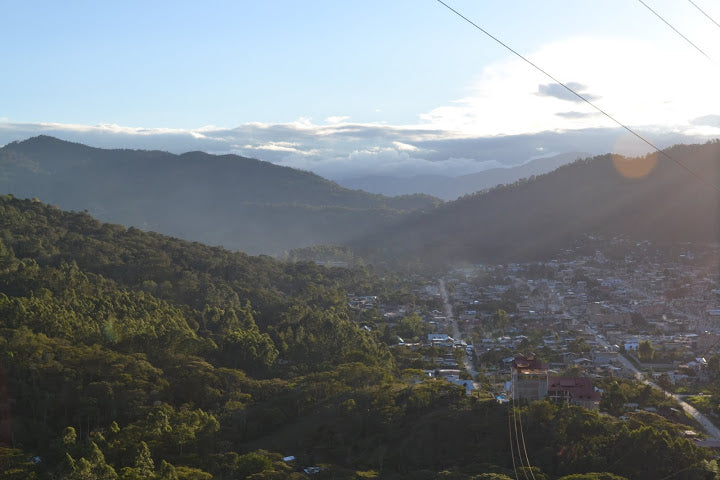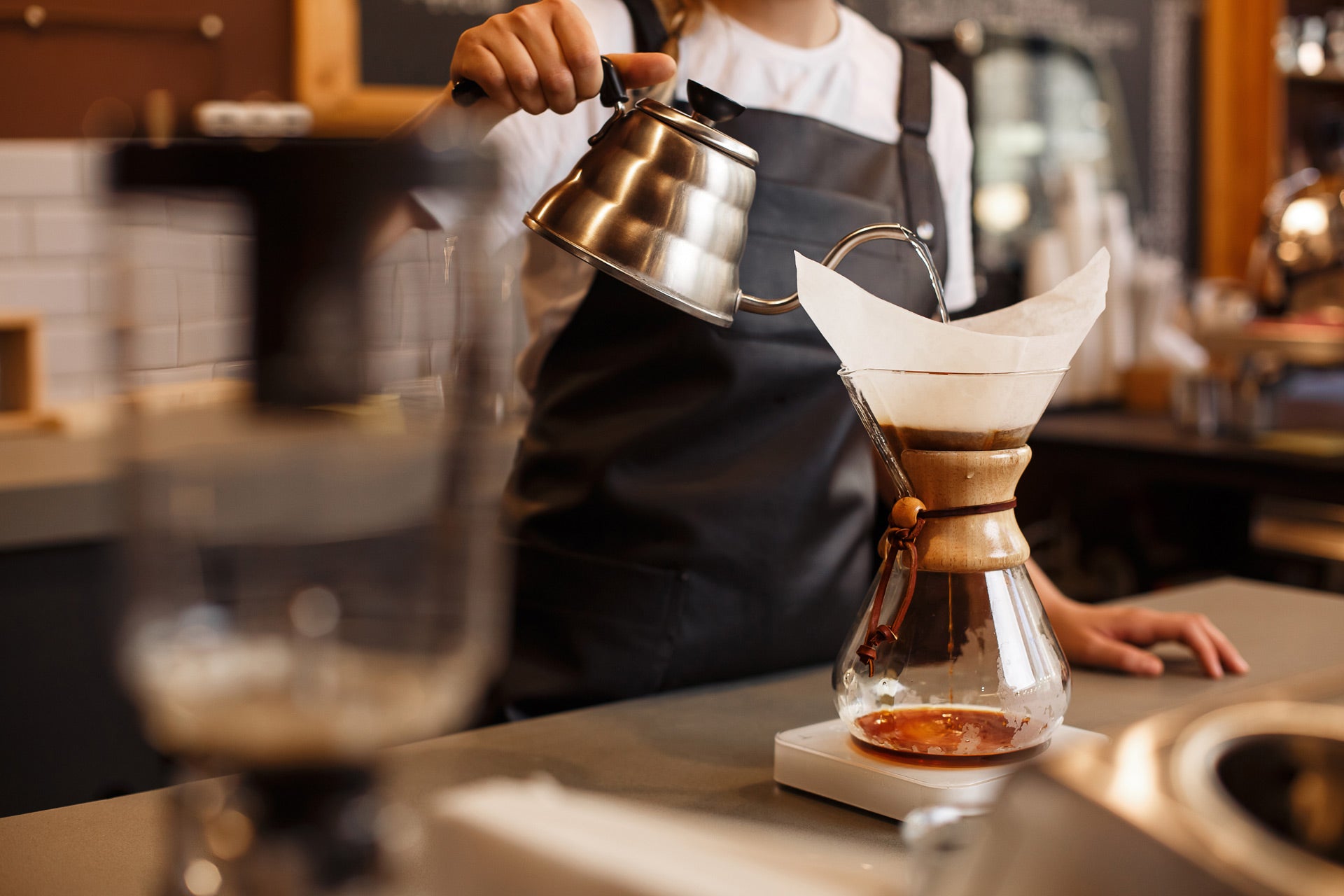
Reconnecting in Peru, via Let’s talk Coffee in Colombia
Last October, just over a year since our last trip to “origin” where some of Salt Spring Coffee beans are grown, I made a quick stop in Colombia before visiting one farm and three groups in Peru to connect with the amazing coffee-growers we trade with.
The first stop in Colombia was to attend Let’s Talk Coffee 2012 – a renowned conference for specialty coffee producers and roasters committed to a sustainable coffee industry. I had the opportunity to talk with many coffee industry partners from around the world and gained some new insights into furthering Salt Spring Coffee’s commitment to roasting great coffee that doesn’t compromise the earth.

Villa Rica, Peru
A few days later I met up with Stamatis Papadopoulos in Lima, Peru. From there we embarked on a lengthy but beautiful truck drive through the Andes Mountains to Villa Rica, a well-known coffee producing region deep in the Central Salva Peruvian rainforest.

Stam’s Travel Coffee Kit
This was Stam’s first trip to origin and he was excited to connect with the growers, thank them for what they do and as you can see from this picture of Stam’s coffee travel kit above, share his coffee brewing knowledge. We visited the Alto Palomar co-op where Stam taught an Espresso 101 Class to the co-op members using beans roasted back at the Viking Facility in Richmond, but originally grown by the co-op. This way co-op members were able to taste their own coffee at its best – matching their expert farming capabilities with our expert roasting capabilities, and they were impressed. However, the coffee they they grew and roasted was amazing as an espresso as well.
Right next door to Alto Palomar is La Chacra D’Dago farm, home of the biodynamic coffee beans found in our Peru Classic coffee. Based on Rudolph Steiner’s teachings on biodynamic agriculture – we got to see first-hand how this “spiritual-ethical-ecological approach to agriculture, food production and nutrition” farming method works. From the stepped water purification pools (pictured below), aquaculture ponds raising tilapia fish, the compost piles, to a little bit of magic and ceremony, this interconnected process is almost entirely self-sustaining meaning there are few outside nutrient inputs required. La Chacra D’Dago started as conventional farm in 1940s, in 2007 they became a certified organic farm, and in 2005 they started practising biodynamic methods. Since March 2011 the farm has been certified biodynamic and witnessing the farming process first-hand, Stam swears you can taste something special in their coffee.

Water purification ponds on La Chacra D’Dago farm
Back in Villa Rica, we visited Cepro Yanesha – a favourite coffee association of ours run by a small group of Yanesha people. They are a young, super progressive organization with a mandate (and a $76K grant from a US-based fund) to help coffee producers in the area become more aware of sustainable agricultural practices in order to create a higher-quality product. They also became certified organic this year and we are excited to deepen our relationship with them in the years to come.
We came back from this trip feeling very excited and inspired because it’s clear that the commitment to creating a quality cup of coffee can be traced from the package of Salt Spring Coffee in your hand all the way back to the coffee seed through the dedication and passion of the coffee producers we work with at origin.
The post Reconnecting in Peru, via Let’s talk Coffee in Colombia appeared first on Salt Spring Coffee.


